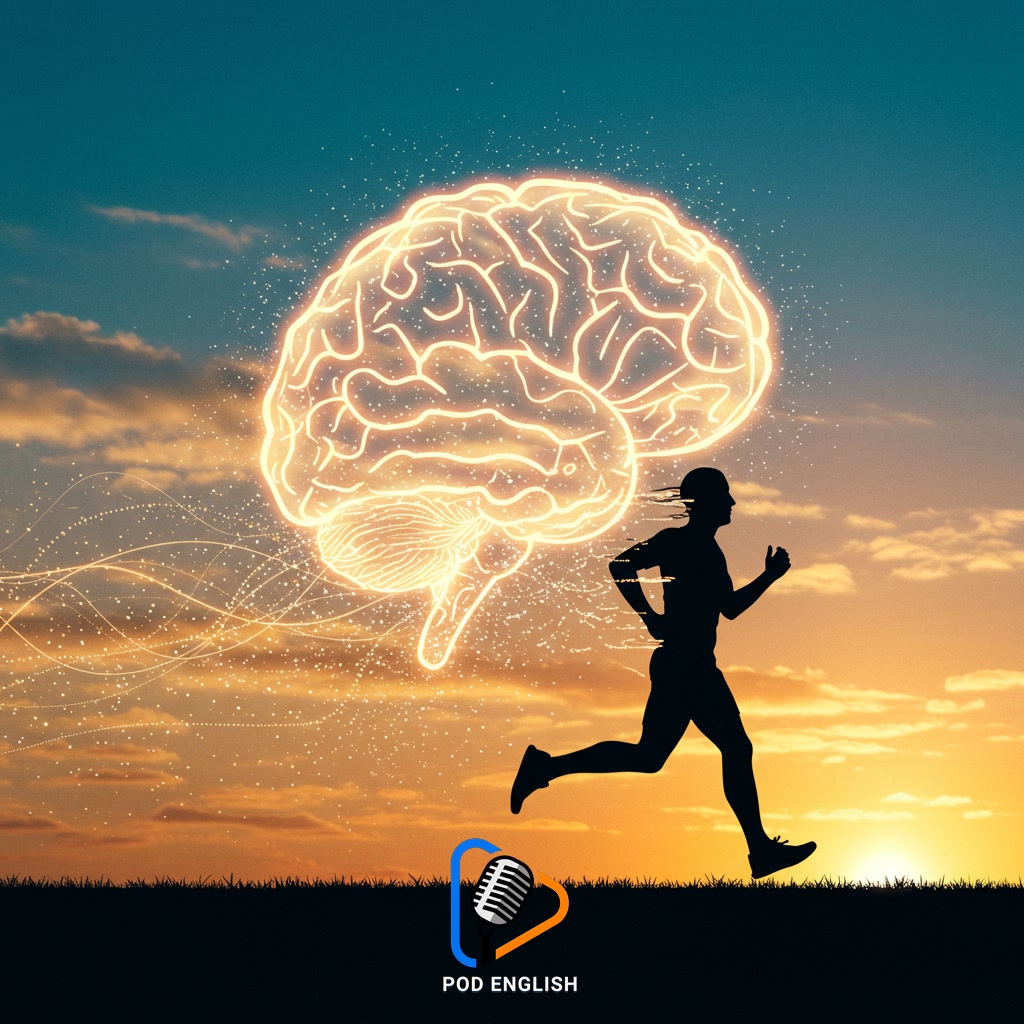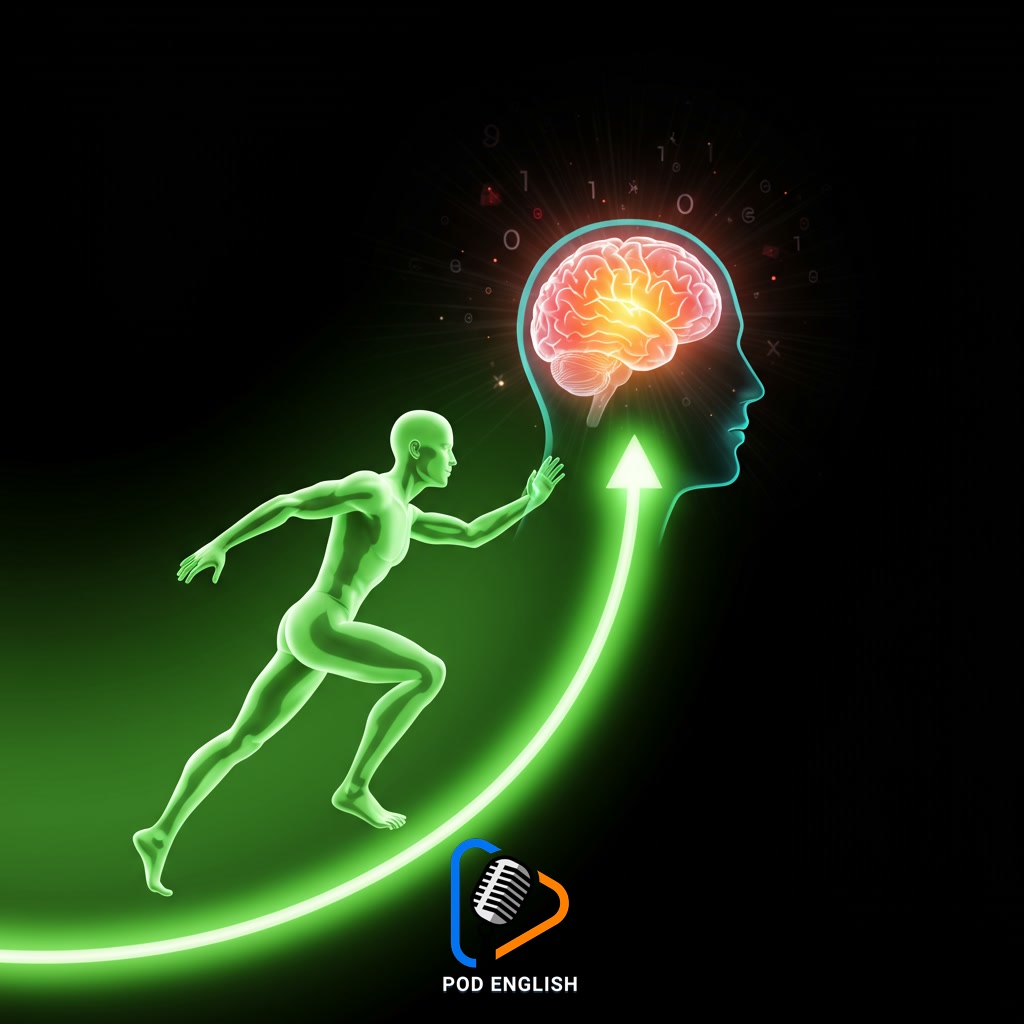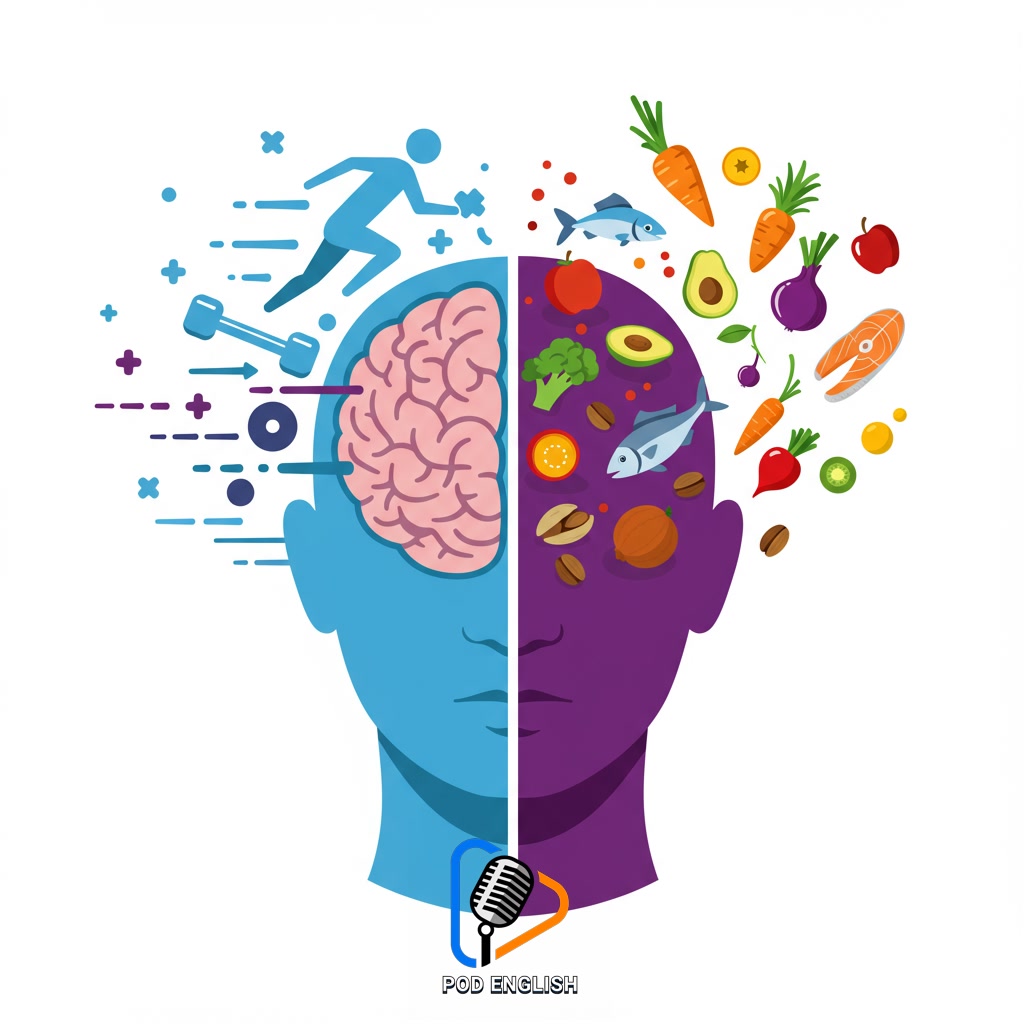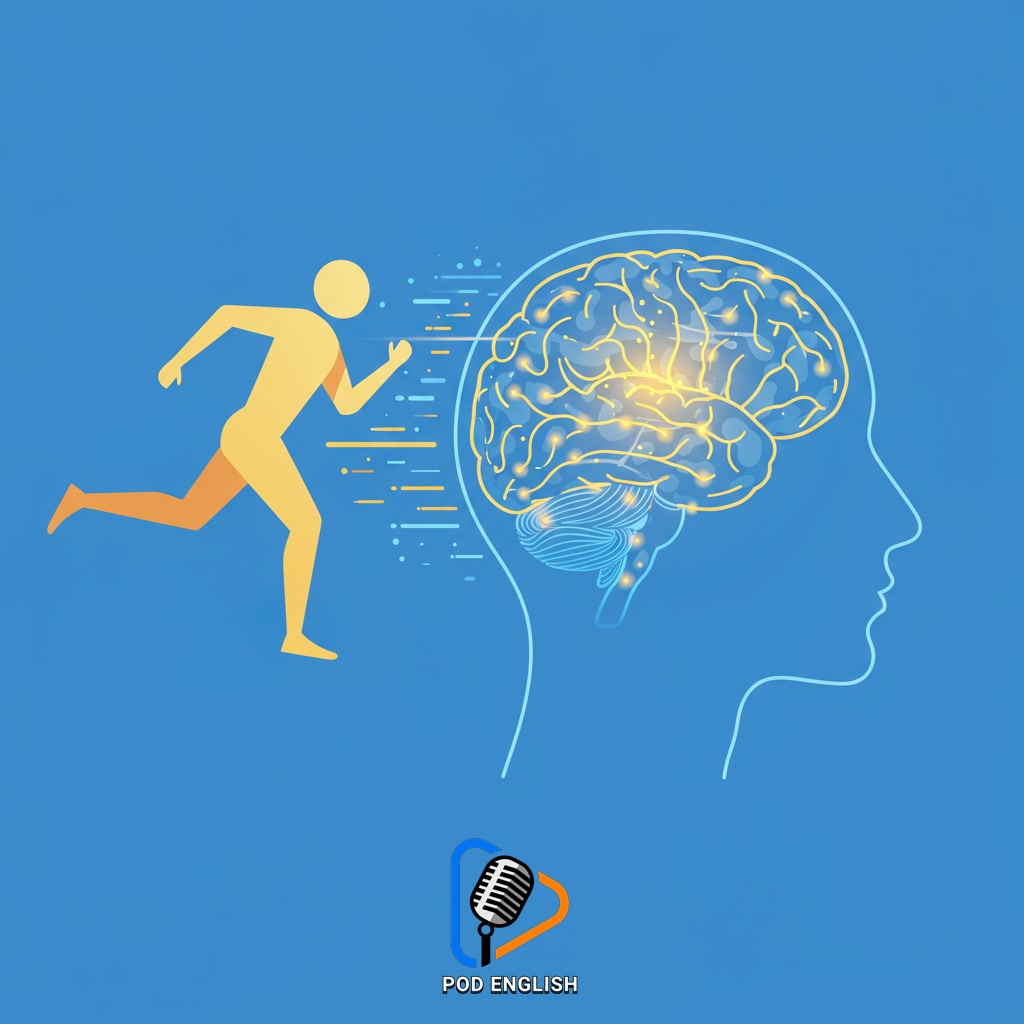Learn English
Boost Problem Solving Power Through Physical Health

Prioritizing physical health significantly boosts cognitive function, directly enhancing problem-solving capabilities. This improved mental acuity is particularly beneficial when engaging in demanding tasks like learning a new language, such as English. Activities like regular exercise, proper nutrition, and adequate rest sharpen focus and improve memory, crucial elements for mastering complex grammatical structures and vocabulary. By investing in their well-being, individuals can optimize their brain’s performance, leading to more effective and efficient progress in learning English and tackling related challenges.
Table of Contents
- Section 1: The Fundamental Link: Physical Health and Cognitive Power
- Section 2: How Exercise and Nutrition Fuel Your Brain
- Section 3: Direct Impacts: Boosting Focus, Memory, and Creativity
- Section 4: Practical Steps to Enhance Physical and Mental Fitness
- Section 5: Applying Improved Problem-Solving to Learning New Skills (Including Learning English)
- Section 6: Conclusion: Making Physical Health a Priority for Lifelong Problem Solving
Section 1: The Fundamental Link: Physical Health and Cognitive Power
The connection between our physical well-being and our mental capabilities is profound and fundamental. Far from being separate entities, the body and brain are intricately linked, with the health of one directly impacting the performance of the other. When we maintain good physical health through various means, we create optimal conditions for our brain to function effectively. This includes improved blood flow, which delivers essential oxygen and nutrients vital for cognitive processes like thinking, memory, and concentration. Consequently, a healthy body provides a stable and energetic foundation, allowing the brain to operate at its peak. Understanding this basic link is the first step in recognizing how prioritizing physical health can unlock greater potential for learning and problem-solving.

Section 2: How Exercise and Nutrition Fuel Your Brain
Building upon the fundamental connection between body and brain, specific actions like regular exercise and mindful nutrition directly empower your cognitive engine. Physical activity boosts blood flow to the brain, delivering vital oxygen and nutrients while stimulating the release of beneficial chemicals such as BDNF, which supports brain cell growth and connectivity. This process enhances focus, improves memory retention, and sharpens overall mental clarity – all crucial for tackling complex problems or mastering new skills like English grammar. Similarly, a balanced diet rich in essential fatty acids, vitamins, and antioxidants provides the necessary building blocks and energy for optimal brain performance. Properly fueled, your brain can function more efficiently, making learning and problem-solving tasks significantly easier and more effective.

Section 3: Direct Impacts: Boosting Focus, Memory, and Creativity
Building upon the fundamental connection between body and brain, specific actions like regular exercise and mindful nutrition directly empower your cognitive engine. Physical activity boosts blood flow, delivering essential oxygen and nutrients to your brain, which is crucial for optimal function. This enhanced circulation directly impacts focus by supporting neurotransmitter balance and increasing alertness. Furthermore, exercise stimulates the production of growth factors, such as Brain-Derived Neurotrophic Factor (BDNF), which are vital for creating and strengthening neural connections, thereby significantly improving memory capacity and recall. This state of heightened neural activity and connectivity also fosters the brain’s ability to make novel associations, directly enhancing creative thinking and problem-solving approaches, which are invaluable skills when tackling challenges like mastering complex English grammar.

Section 4: Practical Steps to Enhance Physical and Mental Fitness
To actively enhance both your physical and mental fitness, begin by integrating consistent physical activity into your routine. Aim for regular exercise, whether it’s brisk walking, jogging, yoga, or strength training, as this boosts blood flow to the brain, improving alertness and cognitive speed. Complement this with a balanced diet rich in fruits, vegetables, lean proteins, and whole grains, which provides the essential nutrients your brain needs to function optimally. Equally crucial is prioritizing adequate sleep; consistently getting 7-9 hours of quality rest allows your brain to consolidate information and recover, sharpening focus and memory. By consciously adopting these practical steps, you build a stronger foundation for enhanced mental clarity, improved problem-solving abilities, and more effective learning.

Section 5: Applying Improved Problem-Solving to Learning New Skills (Including Learning English)
Harnessing the cognitive benefits derived from prioritizing physical health, such as enhanced focus and memory retention, directly empowers your ability to acquire new skills. When tackling complex subjects like learning a foreign language, specifically English, these sharpened faculties become invaluable. Improved problem-solving helps you navigate challenging grammatical structures, decipher nuanced vocabulary, and overcome common hurdles in comprehension. By maintaining your physical well-being, you build a stronger mental foundation, making the process of mastering English more efficient and less daunting, allowing you to approach learning challenges with greater clarity and resilience.

Section 6: Conclusion: Making Physical Health a Priority for Lifelong Problem Solving
Building on the cognitive benefits derived from prioritizing physical health, this conclusion emphasizes that integrating these practices is not merely a temporary fix but a fundamental strategy for lifelong problem solving. By consistently making exercise, balanced nutrition, and sufficient rest integral parts of your routine, you establish a robust foundation for sustained mental acuity. This proactive commitment ensures your brain remains optimally prepared to tackle the myriad challenges encountered throughout life, from mastering complex subjects like English grammar to navigating professional obstacles. Prioritizing physical well-being is a continuous investment in your cognitive resilience, empowering you to approach any problem with enhanced focus, improved memory, and greater mental energy over the long term.














